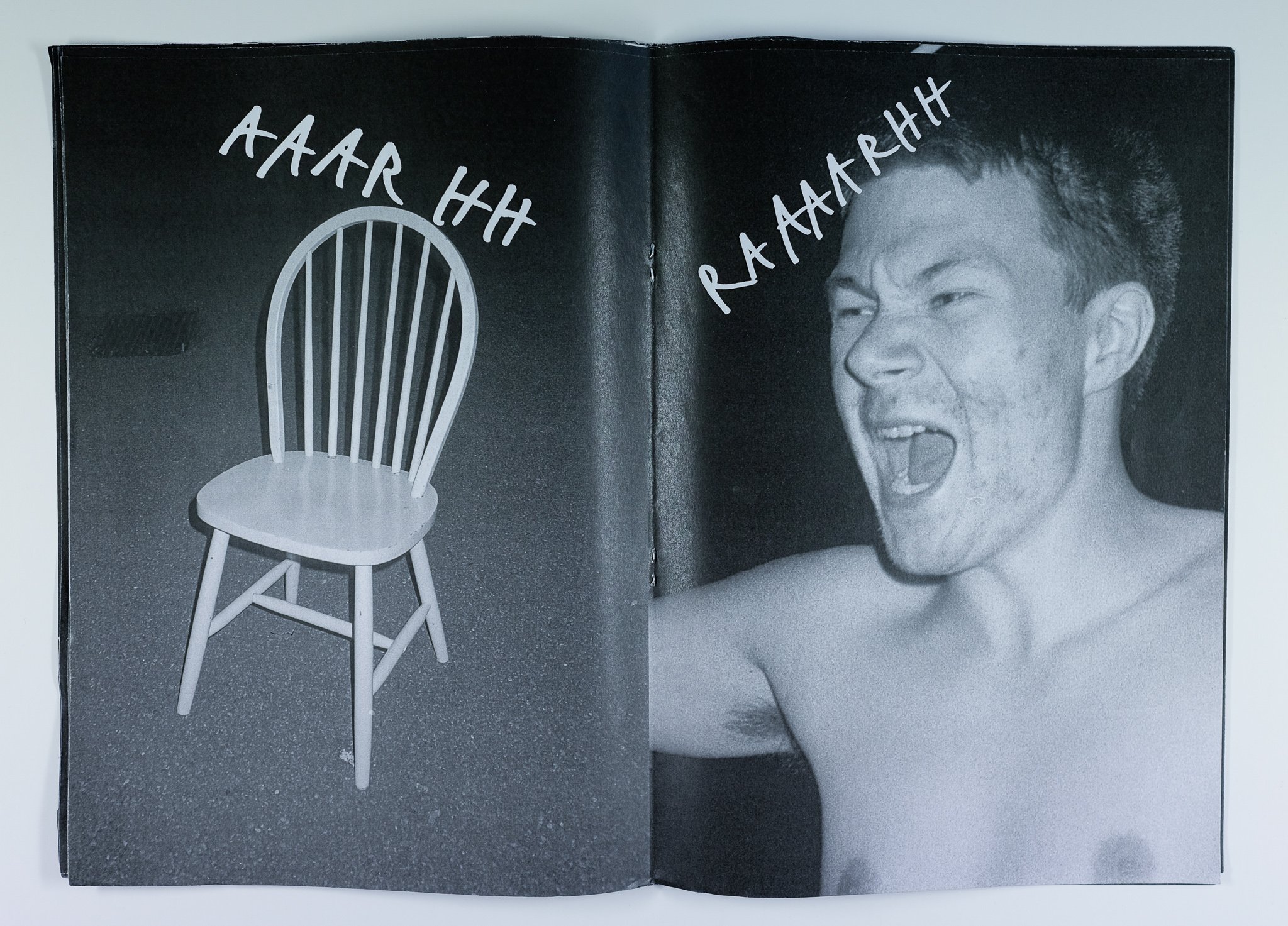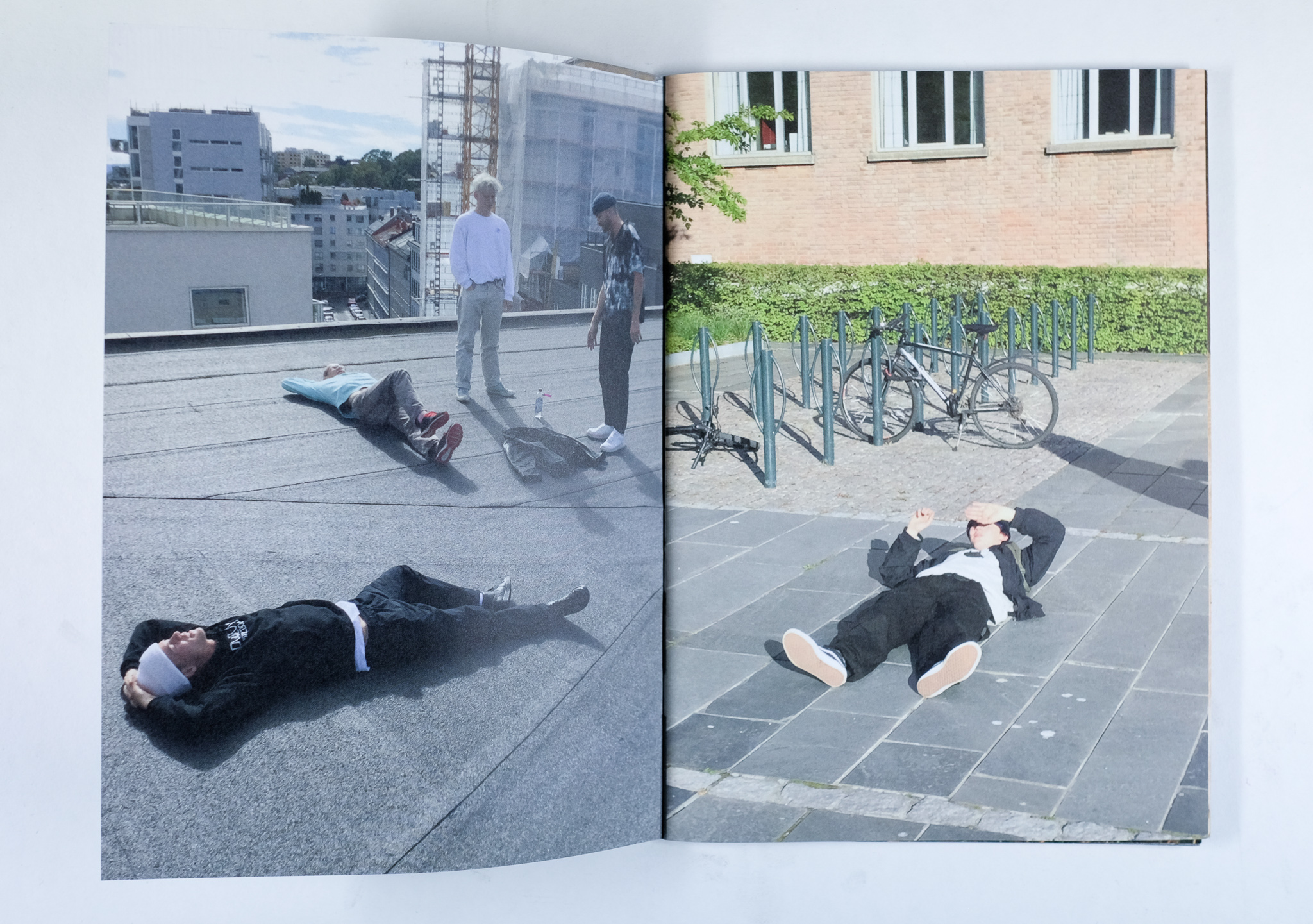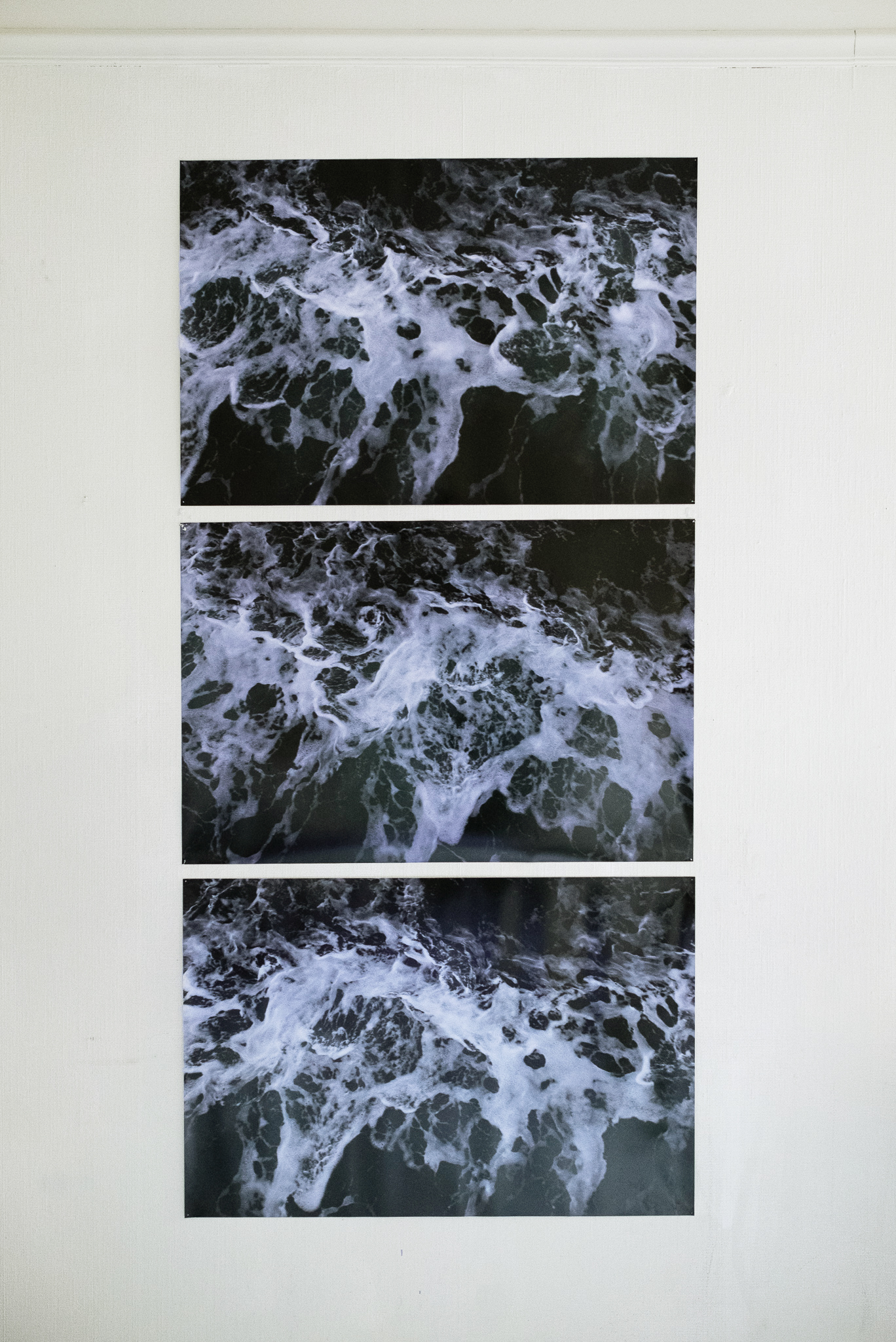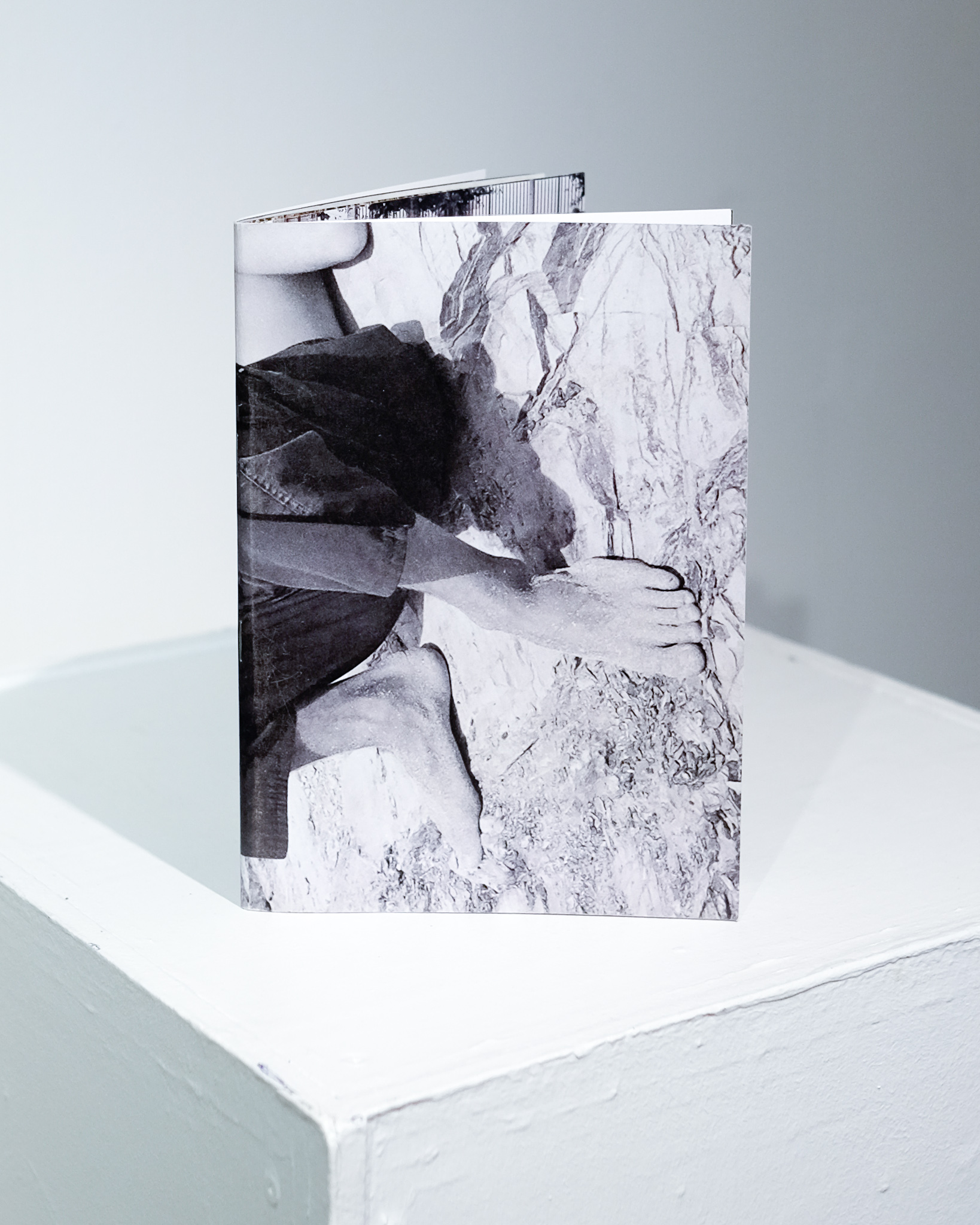Student
- There is no goal, it’s all about the process
4/7/2022
Stikkord:

During last two years you have studied photographic art at Oslo Fotokunstskole. What made you decide to study at the school and whom would you say that the education is relevant for?
I came to Oslo for an internship I had while finishing my previous studies. I had been interested in photography for quite some years and was planning on starting at a school in Belgium. But then some friends told me about this school and I got excited to keep living in Oslo and study photography. Before I started, analogue photography was my main interest and that was one of the reasons I choose this school. I was really interested in learning how to use the darkroom and make prints. I think this school is relevant for anyone who wants to dive deeper into their photography and develop as an artist. It is a very open school were you get to explore your own interests.

What was your experience with photography before you started at the school? How have you developed as an artist and a photographer over the course of your studies?
I had been taking pictures for quite some years before I started, both analogue and digital. My subjects were mainly just my friends and skateboarding. Analogue photography was still very mysterious to me since I had never been in a darkroom before or developed my own rolls. I think I have developed mainly as an artist and this development has affected my photography. My understanding of art has grown and so has my own practice. I have expanded my subjects and style while also finding a theme through out my projects. At the same time I also got to develop my technical understanding, learning to use the studio and working with Photoshop.

You are now in your final semester at Oslo Fotokunstskole, and you have just started working on your individual exam project. What parts of the education and curriculum have been the most rewarding and relevant for you? Are there specific projects that have enjoyed more than others?
The individual talks with the teachers and guest teachers have been the most valuable for me. They have been very good at guiding me and challenging me, it’s interesting to get feedback from different people and try to take bits form everyone and work with that. I think the more open the theme the more I enjoyed the project. It’s more exciting because I don’t know what I will end up with. Of course it’s good to get pushed to use a certain medium once in a while, like in the book or video project, but it can be limiting and make it hard for me to come up with an idea I really like.

You have been working a lot with publications and zines during your time at school. What is it that you enjoy about working within this format?
Since I have been doing photography over quite some years I have started to build a little archive, I really enjoy going back and putting images together that were never planned to work in the same project. Once you start tying images together you can create a kind of mini world, not every picture needs to be as important as long as it helps to tell a bigger story. The physicality of making a zine is also a big part of it. And a last thing is that I enjoy the design process, creating a cover and experimenting with fonts. I have also been able to work with friends for this part, which only makes it better.

You started at Oslo Fotokunstskole after moving to Norway from Belgium, and you already had an MA-degree when you enrolled as a student here. What was it like for you to go from a more theoretical education to a more hands-on and practice based pedagogical model at Oslo Fotokunstskole?
I studied sport sciences for five years and that study was a good mix of theoretical and hands on which this study also is in some way. I think the biggest difference is that there is no right or wrong in art, this freedom was definitely something I had to get used to in the beginning. In my previous studies there would always be some kind of ‘goal’ and the closer you get the better your grade. This is not the case here. There is no goal, it’s all about the process.
WIETSE IS A FINAL YEAR STUDENT AT THE ART PHOTOGRAPHY STUDY PROGRAM AT OSLO FOTOKUNSTSKOLE. FOLLOW WIETSES WORK ON HIS INSTAGRAM, AND APPLY TO OFKS BEFORE THE APPLICATION DEADLINE ON APRIL 24TH.
Ønsker du å studere fotografi eller vil du studere videokunst og film? Les mer om Oslo Fotokunstskole og søk skoleplass for heltids- og deltidsstudium (kveld). Skolen tilbyr undervisning i de to linjene «fotografi» og «film- og videokunst». Skolen tilbyr også fotokurs. Oslo Fotokunstskole er en fotoskole i Oslo for deg som ønsker å utforske dine kreative evner i et engasjerende og dynamisk miljø. Skolen ble etablert i 1989 og holder til i velutstyrte lokaler ved Alexander Kiellands Plass. Les mer om hvordan du kan starte din fotoutdanning eller filmutdanning på oslofotokunstskole.no.

